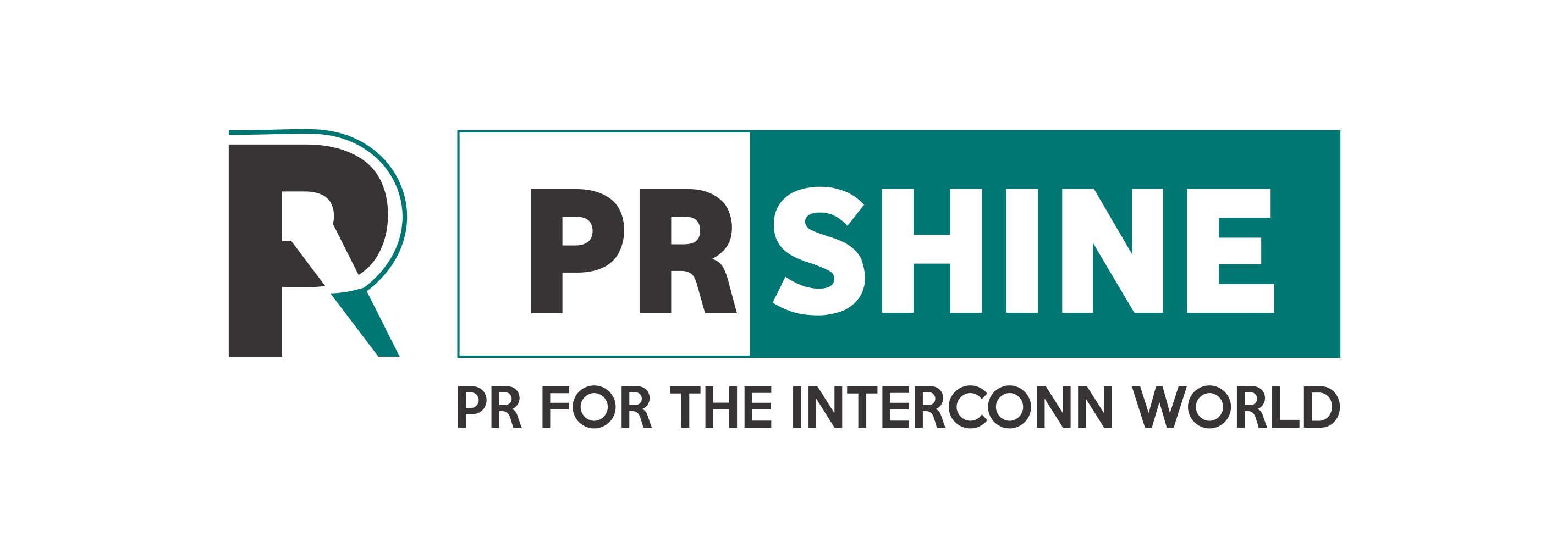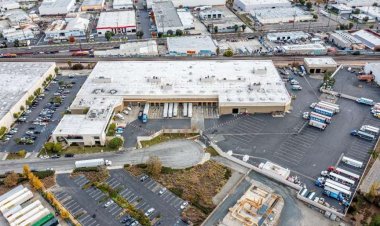What Do I Need to Study to Become a Full-Stack .NET Developer?

What Do I Need to Study to Become a Full-Stack .NET Developer?
In today's rapidly evolving tech landscape, the demand for versatile developers who can handle both front-end and back-end development is on the rise. A Full Stack .NET Developer is a highly sought-after professional who possesses a wide range of skills to create comprehensive web applications using Microsoft's .NET framework. If you're aspiring to become a full-stack .NET developer, you're embarking on an exciting journey that requires dedication, continuous learning, and a passion for problem-solving. This article will guide you through the essential areas of study and skills you need to master to achieve your goal.
The Foundation: Understanding .NET Framework
What is .NET?
Before diving into the specifics of full-stack development, it's crucial to grasp the fundamentals of the .NET framework. .NET is a free, open-source, cross-platform framework developed by Microsoft for building various types of applications. It provides a consistent programming model and a set of libraries that developers can use across different languages and platforms.
Core Concepts of .NET
To become a proficient full-stack .NET developer, you need to study and understand the following core concepts:
- Common Language Runtime (CLR)
- Framework Class Library (FCL)
- Managed and Unmanaged Code
- Garbage Collection
- MSIL (Microsoft Intermediate Language)
These concepts form the backbone of .NET development and will help you understand how applications are executed and managed within the .NET ecosystem.
Front-End Development Skills
HTML, CSS, and JavaScript
As a full-stack developer, you'll need to create user interfaces that are both functional and visually appealing. Start by mastering:
- HTML5 for structuring web content
- CSS3 for styling and layout
- JavaScript for client-side interactivity
These three technologies are the building blocks of modern web development and are essential for any full-stack developer.
Front-End Frameworks and Libraries
To enhance your front-end development capabilities, study popular frameworks and libraries such as:
- Angular
- React
- Vue.js
- jQuery
While .NET developers often use ASP.NET for server-side rendering, knowledge of these JavaScript frameworks will make you more versatile and able to create dynamic single-page applications (SPAs).
Responsive Web Design
In today's mobile-first world, understanding responsive web design principles is crucial. Study:
- Media queries
- Flexible grid layouts
- Mobile-first design approach
- CSS frameworks like Bootstrap or Tailwind CSS
These skills will enable you to create websites that look great and function well on devices of all sizes.
Back-End Development with .NET
C# Programming Language
C# is the primary language used in .NET development. To become a proficient full-stack .NET developer, you should:
- Master C# syntax and features
- Understand object-oriented programming (OOP) principles
- Learn about LINQ (Language Integrated Query)
- Study asynchronous programming with async/await
C# is constantly evolving, so keep up with the latest versions and features to stay current in your development skills.
ASP.NET Core
ASP.NET Core is the web development framework within .NET. Key areas to study include:
- MVC (Model-View-Controller) architecture
- Razor Pages
- Web API development
- Middleware components
- Dependency Injection
Understanding these concepts will allow you to build robust and scalable web applications.
Database Management
As a full-stack developer, you'll need to work with databases. Focus on:
- SQL Server and T-SQL
- Entity Framework Core for ORM
- Database design and normalization
- CRUD operations
- Stored procedures and transactions
Additionally, familiarize yourself with NoSQL databases like MongoDB, as they are becoming increasingly popular in modern web development.
DevOps and Deployment
Version Control
Learn to use version control systems, particularly:
- Git
- GitHub or Azure DevOps for collaboration
Version control is essential for managing code changes and collaborating with other developers.
Deployment and Hosting
Study various deployment methods and hosting platforms:
- IIS (Internet Information Services)
- Azure App Service
- Docker containers
- Kubernetes for orchestration
Understanding these technologies will help you deploy and manage your applications effectively.
Continuous Integration and Continuous Deployment (CI/CD)
Familiarize yourself with CI/CD pipelines:
- Azure DevOps
- Jenkins
- GitLab CI
Automating the build, test, and deployment processes is crucial for modern software development.
Advanced Topics for Full-Stack .NET Developers
Microservices Architecture
As you progress in your career, you'll likely encounter microservices architecture. Study:
- Service-oriented architecture principles
- .NET microservices implementation
- Service communication (gRPC, REST, message queues)
- Service discovery and configuration management
Cloud Computing
Cloud platforms play a significant role in modern application development. Focus on:
- Microsoft Azure services
- Cloud design patterns
- Scalability and performance optimization
- Serverless computing with Azure Functions
Security
Security is paramount in web development. Learn about:
- Authentication and authorization in .NET
- OWASP security principles
- Secure coding practices
- Encryption and data protection
Performance Optimization
To create efficient applications, study:
- Caching techniques
- Asynchronous programming patterns
- Database query optimization
- Front-end performance best practices
Soft Skills and Professional Development
While technical skills are crucial, don't overlook the importance of soft skills:
- Problem-solving and analytical thinking
- Communication and teamwork
- Time management and organization
- Adaptability and continuous learning
Stay updated with the latest trends and technologies in the .NET ecosystem by following blogs, attending conferences, and participating in developer communities.
Building Your Portfolio
As you study and practice, focus on building a strong portfolio of projects that showcase your full-stack .NET development skills. Consider creating:
- A personal blog using ASP.NET Core
- An e-commerce platform with a .NET backend and React frontend
- A RESTful API with authentication and database integration
- A real-time chat application using SignalR
These projects will demonstrate your ability to work on various aspects of full-stack development and will be valuable when applying for jobs or freelance opportunities.
Preparing for Job Interviews
As you near the end of your learning journey, start preparing for job interviews. Familiarize yourself with common full stack developer interview questions and practice coding challenges. Be ready to discuss your projects, explain your problem-solving approach, and demonstrate your understanding of full-stack .NET development concepts.
Conclusion
Becoming a full-stack .NET developer is a challenging but rewarding path. It requires a diverse skill set that spans front-end technologies, back-end development with .NET, database management, and DevOps practices. By following this comprehensive study guide and continuously honing your skills, you'll be well-equipped to tackle the challenges of full-stack development and build innovative web applications using the .NET ecosystem.
Remember that the field of software development is constantly evolving, so maintain a mindset of lifelong learning. Stay curious, keep practicing, and don't be afraid to take on new challenges. With dedication and perseverance, you can become a successful full-stack .NET developer and open up a world of exciting career opportunities in the tech industry.
As you embark on this journey to become a full-stack .NET developer, remember that the learning process is ongoing. Technology evolves rapidly, and new tools and techniques emerge regularly. Embrace this dynamic nature of the field, and you'll find that your career as a full-stack .NET developer can be both intellectually stimulating and professionally rewarding.


 scholarhat
scholarhat 









